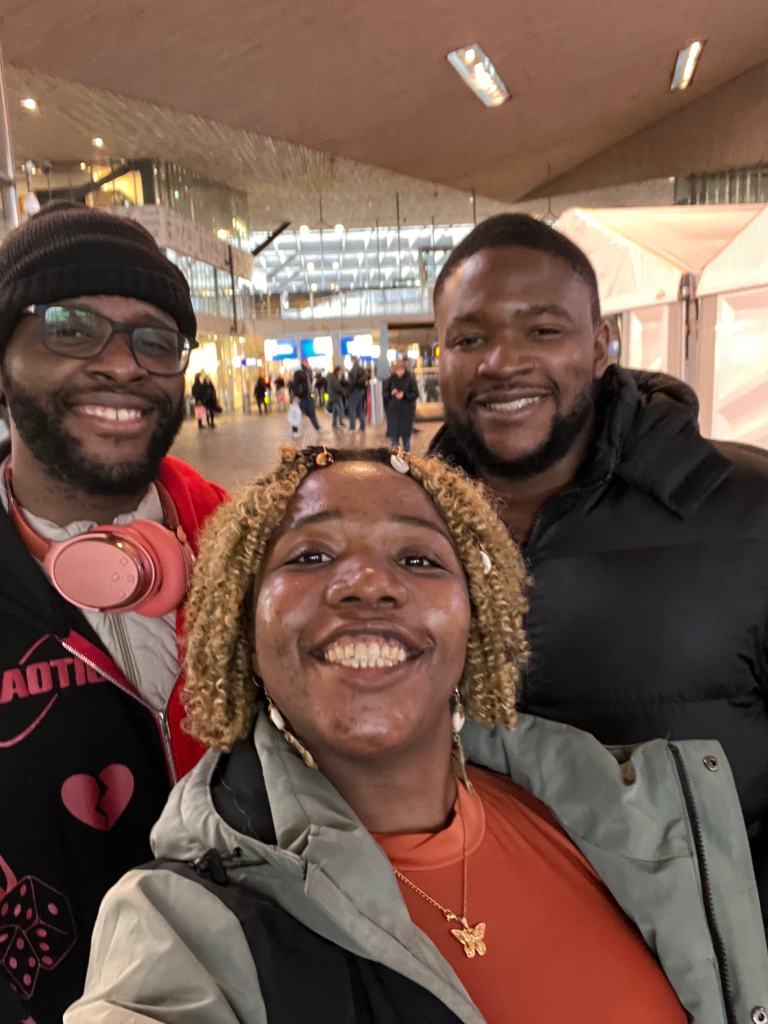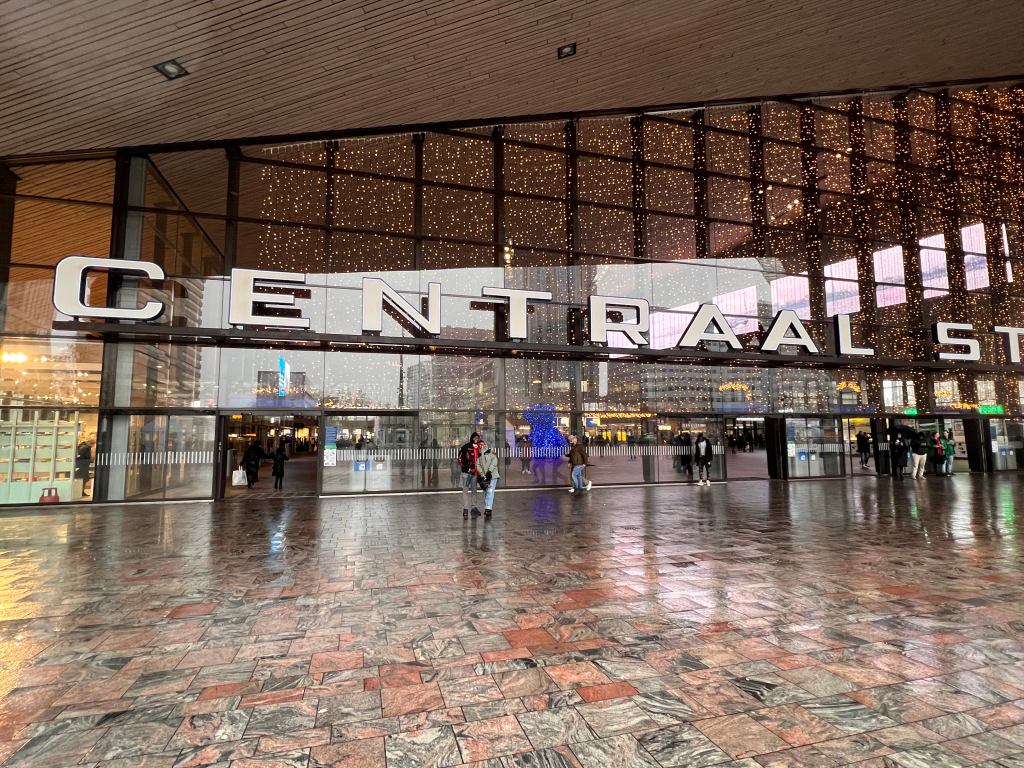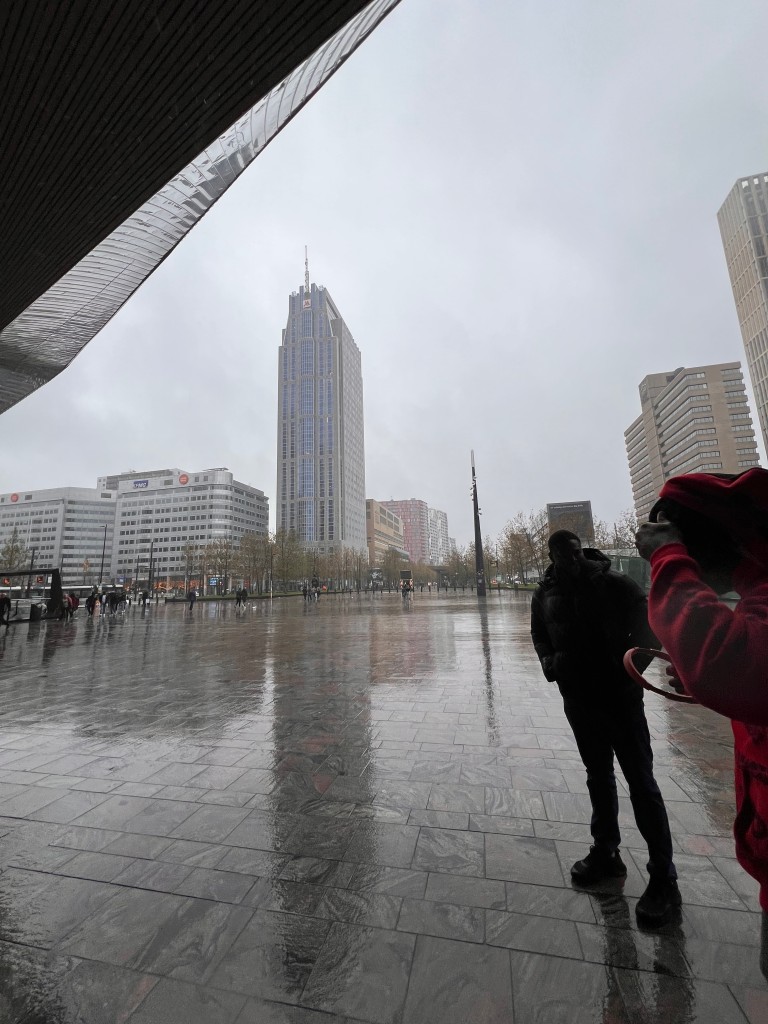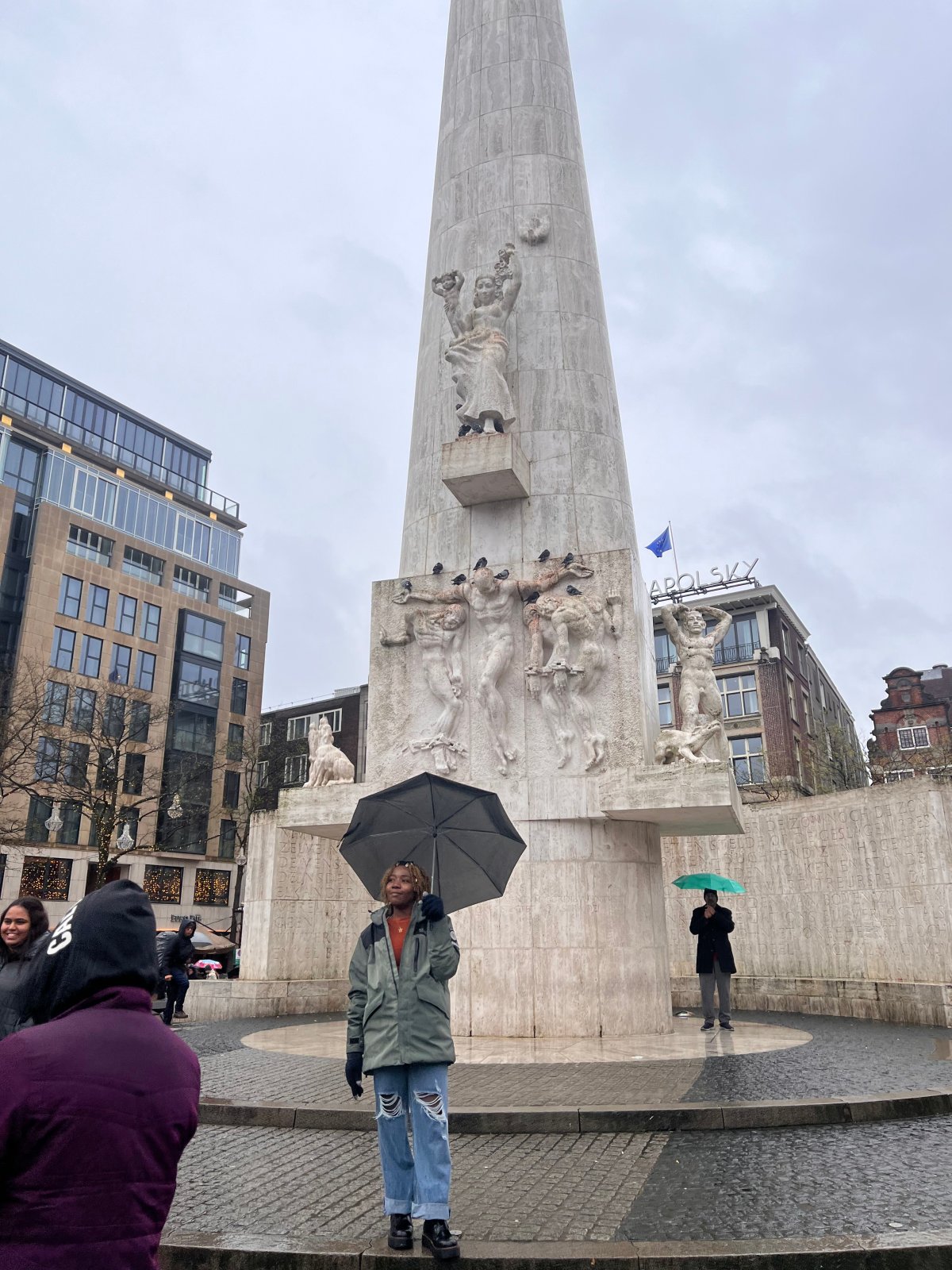PS: Consider these travel stories as entries from my journal. Written in haste, I hope you find enjoyment in their spontaneity and rawness.
I was fascinated by how the tour guide recounted the origins of the Netherlands on the tour today. With her expertise in the history of her country, I can only imagine how much knowledge of the country the locals have access to. She showed us a demographic map of Amsterdam’s Jewish population in 1941, which the Nazis used to facilitate persecution, and confessed she was only just learning about this because the Dutch were ashamed of that part of their history — a history of how the Dutch also had a hand in the persecution of the Jews. ‘Now you know more than some of the locals,’ she concluded.
These past two weeks in Europe have been a journey of enlightenment, learning more about the world than I knew before I arrived. But as I soak in this knowledge, I can’t help but feel a pang of sadness for the untold stories of my ancestors. I wonder how much of our stories are out there. What do people know about us? And more critically, what don’t we know about ourselves? How much of our stories are not accessible to us?
I have been contemplating the importance of telling and owning our stories. What is the Nigerian story in the context of the world wars? What is the Nigerian story beyond these wars?
During the Berlin tour, the tour guide briefly mentioned the Berlin Conference. Shalvah and I, being the only Nigerians in the group, stood out for our complexion and accent. This distinction drew his attention to us. His passing comment about the conference made me uneasy; I was hesitant to hear the Nigerian story narrated by someone else.
My reflection is of a larger issue — the absence of our narrative in the mainstream. We don’t actively tell our stories; we don’t teach history in schools. Most of what I know came from my own research. History should be a recommended subject in schools. How do we tell the Nigerian story if we don’t actively talk about it?
If we don’t tell our stories, they are left open to others’ interpretation. To paraphrase Otto Frank, we cannot change what happened, but we can learn from the past to prevent history from repeating itself. Moreover, we must write and preserve our narratives, for if we don’t tell our stories, who will?
Writing our stories is not just an act of preservation but also a means of asserting our place and perspective in the historical record.
Yet, there are lighter moments that bring joy amid these ruminations. It rained throughout the day, and I struggled to keep my umbrella in place, but I was especially grateful for reuniting with an old friend, Timmy in Rotterdam. He treated us to the delights of Mama Thai’s restaurant, offering the most delicious meal I’ve had in the Netherlands. We skipped visiting Erasmus Bridge (Dutch: Erasmusbrug) due to the weather, but that gave us more time at his house to continue our discussion about the African narrative over apples and cashew nuts. We promised to continue this conversation fuelled with curiosity and a commitment to active learning.



I share the highlights of my adventures in Europe on my Instagram stories. You can follow my time in The Netherlands through this link.

